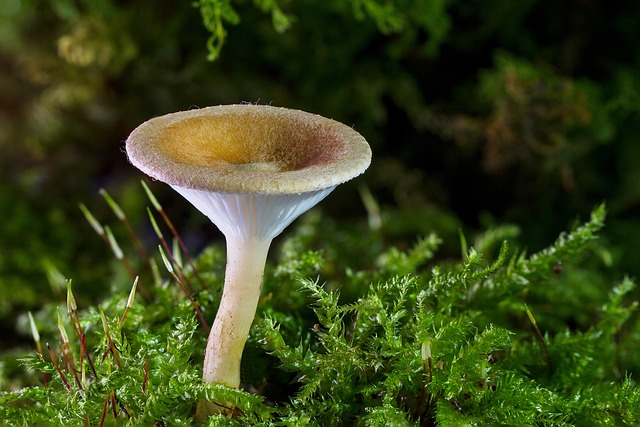Probiotics are live microorganisms that are good for our health, especially for the gut. They consist of various strains of bacteria and yeasts that help in maintaining a healthy digestive system and improving immunity. While probiotics are available in supplement forms, adding probiotic-rich foods to your diet is a natural and delicious way to support your gut health. Let’s take a look at the top probiotic-rich foods that you can add to your diet:
1. Yogurt
Yogurt is one of the most popular probiotic-rich foods that you can consume. It is made by fermenting milk with beneficial bacteria, such as Lactobacillus bulgaricus and Streptococcus thermophilus. These good bacteria not only improve gut health but also enhance nutrient absorption, strengthen bones, and boost immunity. Yogurt is easily available, and you can consume it as a standalone snack or add it to smoothies, parfaits, and dips.
2. Kefir
Kefir is a fermented milk drink that is similar to yogurt but more potent in probiotics. It is typically made by blending kefir grains with milk, which contains dozens of strains of bacteria and yeast. Kefir is not just a high-probiotic food but also a good source of protein, calcium, and vitamin K. You can drink kefir plain or use it as a base for salad dressings, marinades, and soups.
3. Kimchi
Kimchi is a traditional Korean side dish made by fermenting vegetables, such as cabbage, radish, and scallions, with spices and seasonings. It is rich in lactobacilli and has been linked to numerous health benefits, including weight loss, cholesterol reduction, and cancer prevention. Kimchi is a tangy and spicy condiment that can be used in sandwiches, burgers, wraps, and stir-fries.
4. Kombucha
Kombucha is a fizzy tea drink that is gaining popularity due to its probiotic content and potential health benefits. It is produced by fermenting sweetened tea with a symbiotic culture of bacteria and yeast, which results in a slightly tart and slightly sweet beverage. Kombucha is a low-calorie drink that can be enjoyed on its own or mixed with juices and fruits.
5. Miso
Miso is a seasoning paste that is widely used in Japanese cuisine. It is made by fermenting soybeans, barley, or rice with a fungus called koji and salt. Miso is a good source of probiotics, vitamins, and minerals, including vitamin K, copper, and manganese. Miso can be used in soups, marinades, dressings, and spreads.
6. Sauerkraut
Sauerkraut is a German dish made by fermenting finely sliced cabbage with salt and spices. It is naturally rich in probiotics, vitamin C, and fiber. Sauerkraut has a tangy and acidic flavor that pairs well with meats, sandwiches, and salads.
7. Pickles
Pickles are cucumbers that have been preserved in brine or vinegar. While most pickles are not fermented, some varieties, such as lacto-fermented pickles, contain live cultures of beneficial bacteria. Pickles are low in calories, high in fiber, and a good source of vitamin K. You can eat pickles as a snack or use them as a garnish for sandwiches, burgers, and tacos.
In conclusion, adding probiotic-rich foods to your diet is a simple and delicious way to support your gut health, boost your immunity, and enhance your overall well-being. Whether you prefer dairy-based or plant-based options, there are plenty of choices available for everyone.







